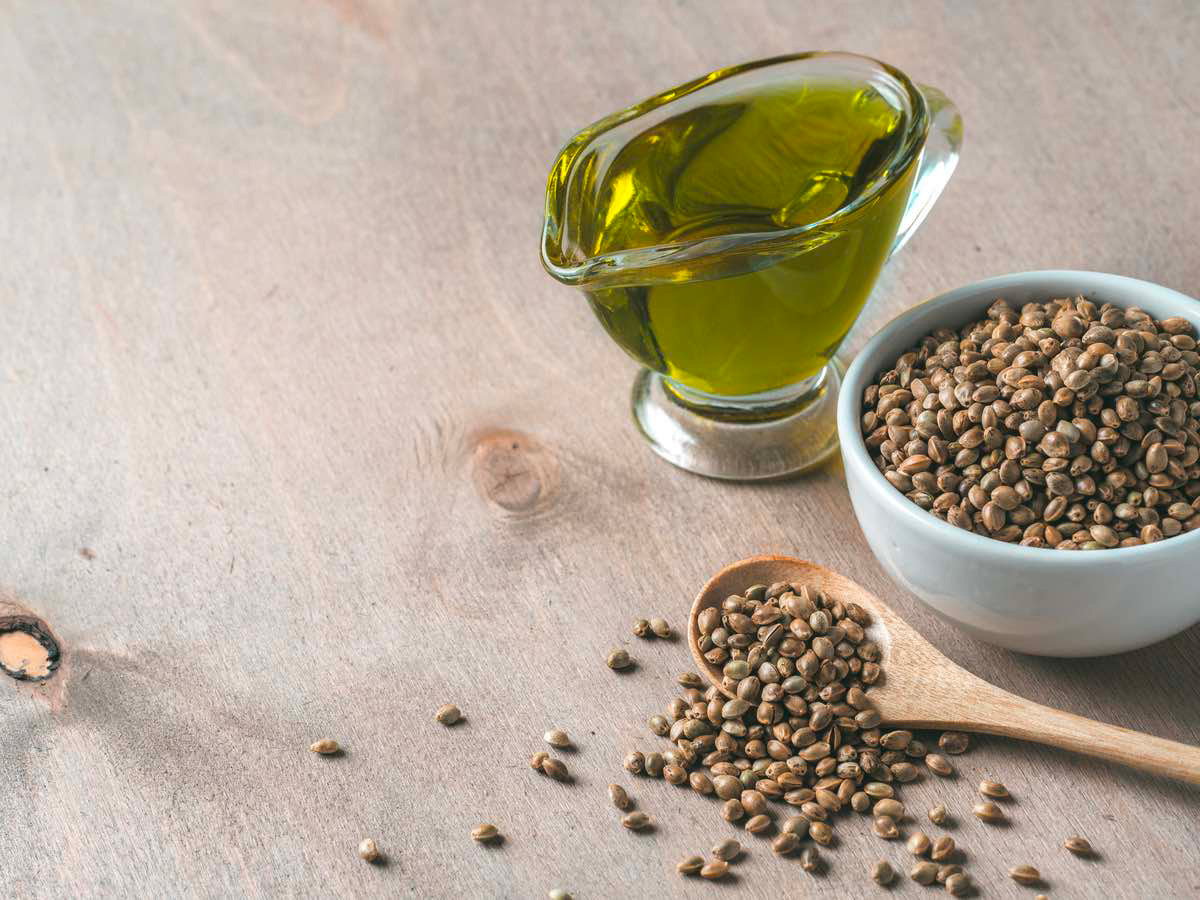
I developed seasonal allergies in my 20’s. For years I did not notice my allergies so much as I noticed I was moody when the flower bloomed. I didn’t understand if everything is so beautiful why was I feeling so blue.
Eventually I realized my headaches, stuffy nose, and moodiness was allergies.
Scientists have reported that depression increases with allergy symptoms. Most people thought that mood changes during allergy season were simply related to feeling uncomfortable from the sinus pressure, headache, sneezing, and watery eyes. Recently researchers have suggested there is a connection between the inflammatory processes that lead to allergies and the feeling blue.
Inflammatory diseases in general, such as asthma and psoriasis, have higher rates of depression compared to other chronic diseases. This may suggest that the inflammatory process itself has some influence on the development of depression.
Read More:



